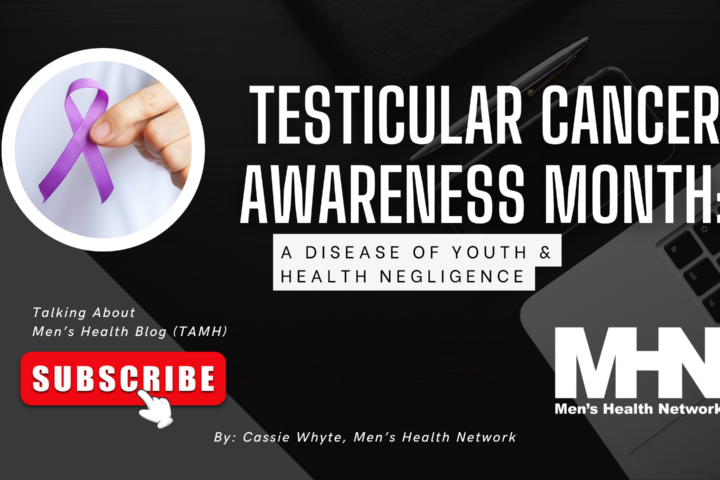If you’ve had a heart attack or a stroke or your medical professional thinks you may be at risk of having one, he or she may have prescribed daily aspirin therapy. Even at very low doses, aspirin thins your blood, which makes clots less likely to happen. That can be either bad news or good. On the bad side, if you cut yourself, scabs (a type of blood clot) would take longer to form and you might bleed longer. On the good side, blood clots that block arteries can lead directly to a heart attack and/or a stroke.
Now there may be another reason to regularly take aspirin: it may reduce your risk of developing pancreatic cancer by 50%–and the longer you take the aspirin, the lower your risk, according to a new study done at Yale University, published in the journal Cancer Epidemiology, Biomarkers & Prevention.
What makes this discovery so interesting is that pancreatic cancer is one of the deadliest cancers, in part because it’s typically not diagnosed until 10-15 years after it starts developing. So by the time it’s diagnosed, there are few if any treatment options. As a result, fewer than 5% of patients survive five years after diagnosis. < The study looked at data from 362 patients in Connecticut who were newly diagnosed with pancreatic cancer and compared that data with a control group of healthy people. The researchers, including Harvey R. Risch from the Yale School of Public Health, found that those who had regularly taken aspirin (in doses ranging from 75 milligrams/day to 325 mg/day) were 50% less likely to have been diagnosed with pancreatic cancer than those who didn’t take aspirin regularly. And those who were on an aspirin regimen for a decade or more were 60% less likely to develop the disease.
Dr. Risch and his colleagues suspect that it’s aspirin’s ability to fight inflammation that’s the key. “Aspirin has anti-inflammatory properties,” Risch said in a Yale University press release. “And if pancreatic cancer starts by low-level chronic inflammation that causes some pancreas cells to lose genetic control and become cancerous, then aspirin’s effect on reducing inflammation would be beneficial.”
Does this mean you should rush out and stock up on aspirin? Absolutely not. Certain conditions (such as asthma and blood-clotting disorders) could make the risks of taking aspirin outweigh any potential benefits. So speak to your healthcare provider about whether regularly taking aspirin would be the right thing for you.



